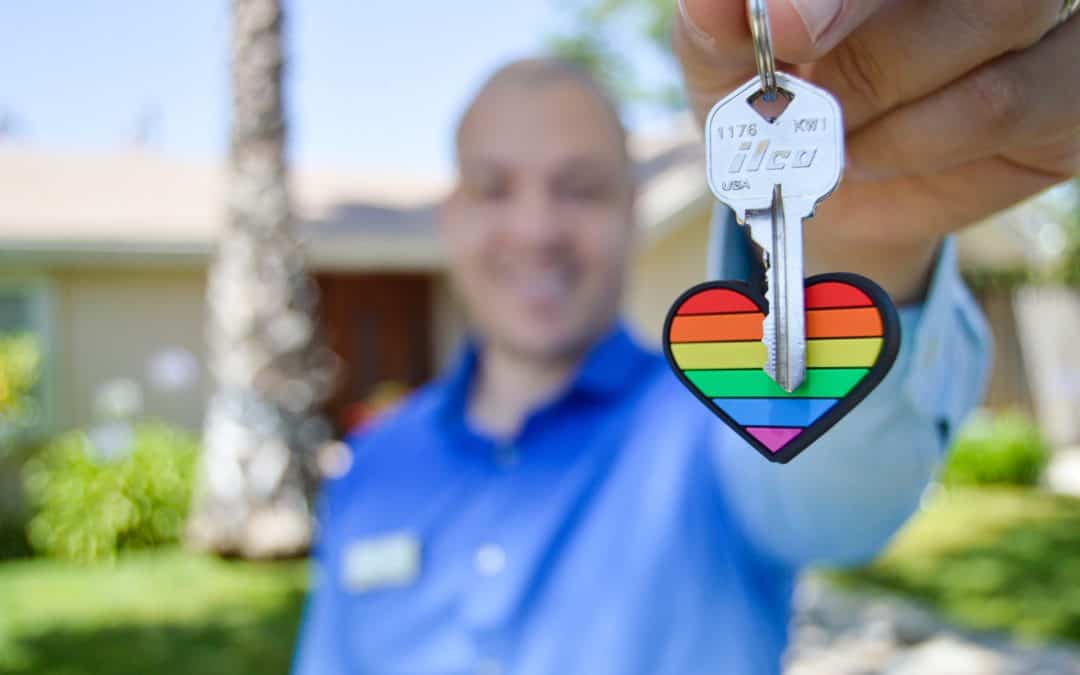Buying a house can be a long and tedious process. There’s a lot involved under the surface that first-time home buyers often find daunting and expensive. From realtor costs to mortgages to home inspections, there are a lot of expenses that are useful to understand before you can accurately think about your budget. One of the biggest mistakes you can make when looking for a house is cutting out unexpected but important expenses in the hopes it will save you money. More often than not, doing things cheaply rather than properly will end up costing you far more in the long run.
Home inspections are a prime example of this. Home inspections are generally not cheap, but they are a crucial step in buying a home. Not only can a victoria home inspection actually help you negotiate the price of home down, it can also alert you to household issues that can cost thousands. Think of it in terms the possible outcomes of a home inspection. In the worst case, the inspection finds that the house has major problems that cause you to back out. In this case, the inspection saved you from years of unanticipated costs far beyond the cost of the inspection. Alternatively, the inspection finds nothing and you’ve ensured that you’re getting your money’s worth. With an investment as big as a house, the value of this can’t be understated. Another option is that the house inspection finds some minor issues that end up reducing the overall cost of the house and saving you far more than the house inspection in the first place. A house is a massive investment, and a home inspection is a comparatively minor cost.
What does a home inspector look at?
It’s important to know exactly what the home inspector will look at so you can cover all your bases. It’s important to note that home inspectors don’t look for things like infestations, molds, or asbestos. These are specialized inspections that are not always necessary. That being said, a general home inspection covers a lot.
Physical structures
Home inspectors look at the physical structures of the house from top to bottom. They check the roof and ceilings for damage and water leaks, and can determine whether or not repairs will be required in the near future. They also look at the doors, walls, windows and floors. They are looking at the condition of each aspect, to make an unbiased determination on potential maintenance or replacements that may be required.
Electrical systems
Home inspectors will also inspect the electrical system of the house to make sure everything is safe and up to date. They don’t inspect behind the walls, but they can determine whether the house is properly and safely wired. This especially important with older houses.
HVAC and plumbing
The HVAC (heating, ventilation and air conditioning) and plumbing systems are also analyzed. Damage in these areas can be incredibly expensive to fix, and a huge pain to live with. Home inspectors can give you an idea of whether any of these systems need updating or replacing. In many cases, such updates can be negotiated prior to you purchasing the home, saving you the hassle of having to deal with it yourself.


